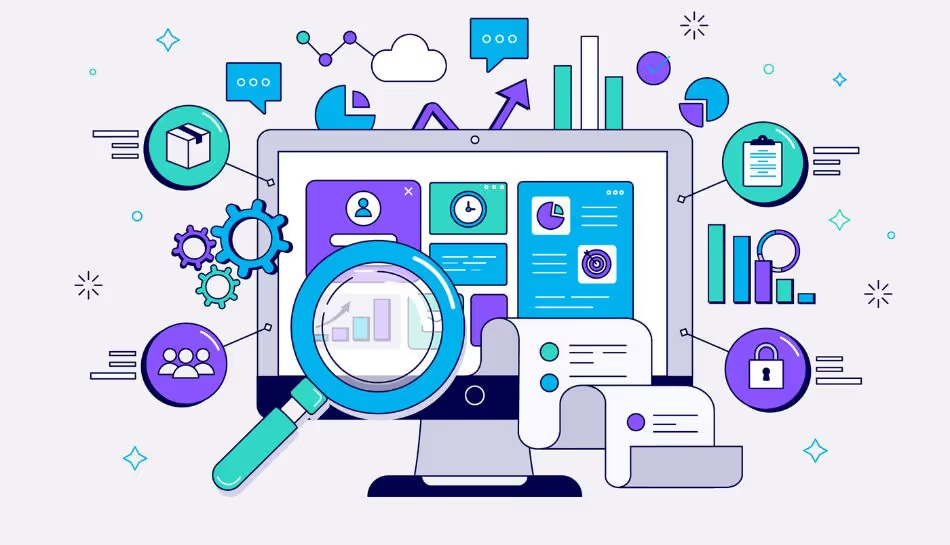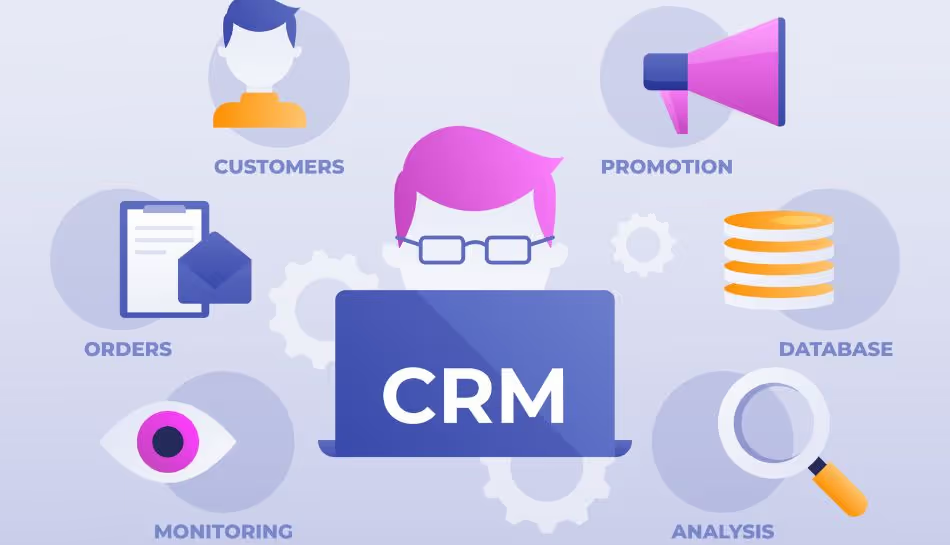
For many businesses, Enterprise Resource Planning (ERP) software is the backbone of daily operations. From finance and accounting to supply chain and HR, it integrates multiple processes into one unified platform. But investing in an ERP system is not a small decision, it’s a long-term commitment that directly impacts growth, efficiency, and profitability. That’s why CFOs play a critical role in evaluating and selecting the right solution.
If you’re a finance leader preparing to make this decision, here’s a comprehensive guide on what CFOs need to know before selecting ERP systems, along with a practical CFO checklist for ERP.
1. Understand Business Goals First
Before diving into the technicalities of how to choose ERP software, CFOs should first identify the business challenges that need to be solved. Are you looking to gain real-time visibility into finances? Do you want to simplify compliance reporting? Or perhaps streamline global operations?
By mapping ERP selection to specific objectives, you ensure that the system is not just a software purchase but a strategic investment.
2. Evaluate Total Cost of Ownership
The price tag of an ERP is only one piece of the puzzle. When choosing the right ERP system, CFOs must consider the total cost of ownership, which includes:
- Licensing or subscription fees
- Implementation and customization expenses
- Training and change management costs
- Ongoing support and upgrades
Ignoring hidden costs can result in budget overruns. CFOs should ask vendors for a detailed breakdown of expenses and compare them against the expected return on investment.
3. Cloud vs. On-Premise
One of the biggest decisions CFOs face is deployment. Traditional on-premise systems offer more control but require higher upfront investment in infrastructure and IT staff. Cloud-based ERPs, on the other hand, offer flexibility, lower initial costs, and easier scalability.
Your CFO checklist for ERP should include questions like:
- How secure is the cloud provider’s infrastructure?
- Does the deployment option align with compliance requirements?
- Will a hybrid approach work better for our organization?
4. Focus on Integration Capabilities
Modern businesses rely on a wide range of applications, from CRM and payroll to inventory and analytics tools. A strong ERP should integrate smoothly with these systems. For CFOs, this means ensuring that financial data flows seamlessly without duplication or manual errors.
When choosing the right ERP system, check whether the software supports APIs, third-party integrations, and compatibility with your existing tech stack.
5. Prioritize Usability and Adoption
An ERP system is only effective if employees use it. CFOs need to ensure the platform is intuitive and user-friendly. Complex systems can cause resistance, resulting in poor adoption rates.
Ask vendors for demos and involve end-users early in the decision-making process. Ease of training and mobile accessibility should also be part of the evaluation.
6. Compliance and Data Security
As financial leaders, CFOs must pay special attention to compliance features and data protection. The ERP should support local and international regulations, including GST, tax compliance, and industry-specific requirements.
Security features such as role-based access, encryption, and audit trails are non-negotiable. This protects not only financial data but also the company’s reputation.
7. Scalability for Future Growth
A system that meets today’s needs may fall short tomorrow. CFOs should think long-term and choose an ERP that grows with the business. Look for scalability in terms of users, modules, and geographies.
This ensures that the company doesn’t need to go through another expensive replacement in just a few years.
Final Thoughts
For CFOs, choosing the right ERP system is about balancing financial prudence with strategic foresight. From assessing costs and compliance to evaluating usability and scalability, each factor plays a role in ensuring ERP success.
The ultimate CFO checklist for ERP should include:
- Alignment with business goals
- Transparent cost structure
- Deployment flexibility
- Integration capabilities
- User adoption focus
- Compliance and security
- Future scalability
With the right approach, CFOs can ensure that ERP becomes not just an operational tool but a driver of growth and efficiency.

